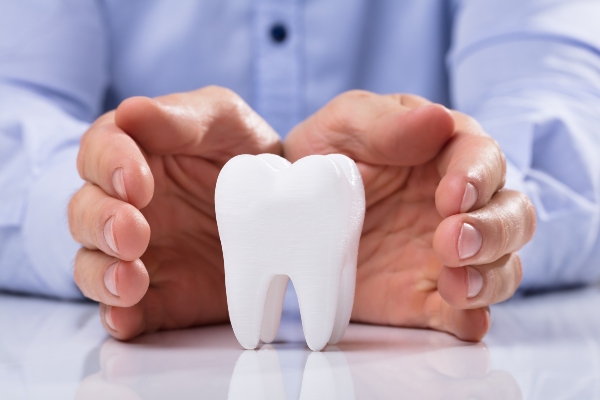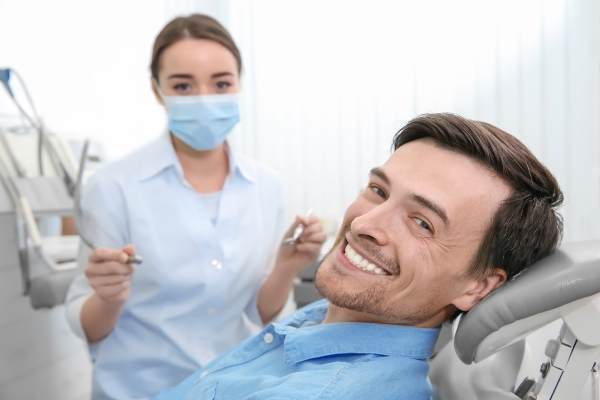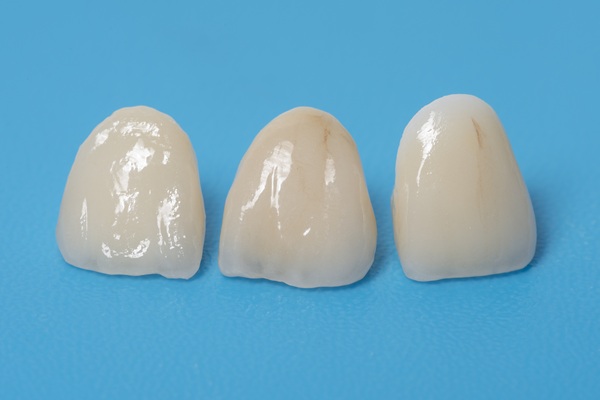 Seeking an emergency dentistry solution to tooth avulsion must happen right away. In this type of dental emergency, your chances of getting your tooth back in your mouth are higher if you go to the urgent dental care clinic. Knowing how this dental facility can help your situation can give you hope for recovering your tooth. Here are the details if you want to know how emergency dentistry can treat your avulsed tooth.
Seeking an emergency dentistry solution to tooth avulsion must happen right away. In this type of dental emergency, your chances of getting your tooth back in your mouth are higher if you go to the urgent dental care clinic. Knowing how this dental facility can help your situation can give you hope for recovering your tooth. Here are the details if you want to know how emergency dentistry can treat your avulsed tooth.
An avulsed tooth needs an emergency dentistry treatment
An avulsed tooth is a tooth that has been uprooted from its socket. This can happen during an injury. A hard fall or blow to the face may dislodge the tooth. When this occurs, the individual will find it difficult to replant it.
This is a painful dental injury because the nerves and roots are exposed, and the entire mouth is also at risk for infection. It is crucial to not panic and to find the tooth right away. Be sure to hold the tooth by the crown to keep the roots intact. Keeping the tooth alive is crucial for the success of the tooth replanting process when the patient arrives at the emergency dentistry facility.
Preventing the root cells from being crushed
An avulsed tooth will often end up on a synthetic surface, such as carpeting or a bare floor. The hard surface may cause the dental roots to go through trauma. The dental root’s cells are sensitive, so expect some root cells to be damaged. Picking up the tooth by its crown is essential, as it will prevent contact with the root cells.
Holding the tooth by the crown will isolate the trauma to the enamel layer. If fingers touch the roots, even slight pressure will crush more root cells. Cleaning off the debris is not advisable either. Physiologic saline is the ideal cleansing solution, but the patient should not scrub the roots. Agitating the tooth while washing it with physiologic saline is enough to dislodge the debris.
Placing the tooth in a cup of milk while traveling to the emergency dentistry center will keep the tooth moist and alive. After they retrieve it, the dentist will also touch and handle the tooth by the crown.
What emergency dentistry can do
When the patient arrives, the emergency dentist will inspect the area of tooth loss. The dentist will also check the tooth. A salvageable tooth will be able to be reattached to the socket. Anesthesia and pain medication can help manage the discomfort. The dentist will use tiny sutures to repair the gumline and socket, which tore when the tooth was dislodged.
The emergency dentistry facility has dental X-rays that can help the dentist check the replanted tooth. The dentist will place a dental splint. This will keep the tooth in place. The splint will be in position for two weeks as the roots reattach to the socket. The emergency dentistry professional will prescribe antibiotics to lower the chances of dental infection. This medication can also help the site heal faster.
An emergency dentistry treatment can reattach your avulsed tooth
Tooth avulsion is a serious injury. A healthy tooth should not separate from its socket. Keeping the tooth intact and alive will increase the chances of the reattachment’s success. Working with your emergency dentistry professional can help the tooth survive and be healthy again.
Request an appointment or call Martin Dentistry at 209-299-7907 for an appointment in our Stockton office.
Related Posts
Wondering what a general dentist can do for a broken tooth? Read on to learn more. Having a broken tooth can be destabilizing. The incident can happen after falling, or even eating ice or hard candy. The good news is that a general dentist can address a broken tooth. The extent of the damage will…
If you think you have a dental abscess, you should see an emergency dentist as soon as possible. An abscess is a dental infection that causes pus to collect in or around a tooth. Periodontal abscesses originate from the structures around the tooth, such as the jawbone or gums. Endodontic infections originate from inside the…
An emergency dentist can provide swift treatment for urgent dental issues, allowing patients to enjoy faster relief from pain and other serious symptoms. If an emergency with your teeth, or a loved one's teeth, arises you will likely be scrambling for help. While you should call 911 if a situation seems life-threatening or if other…


